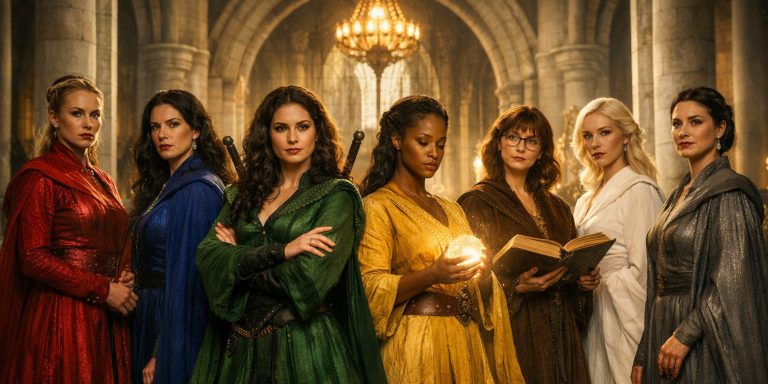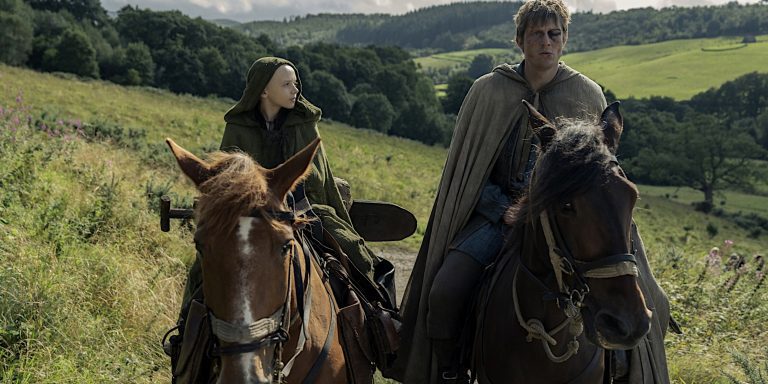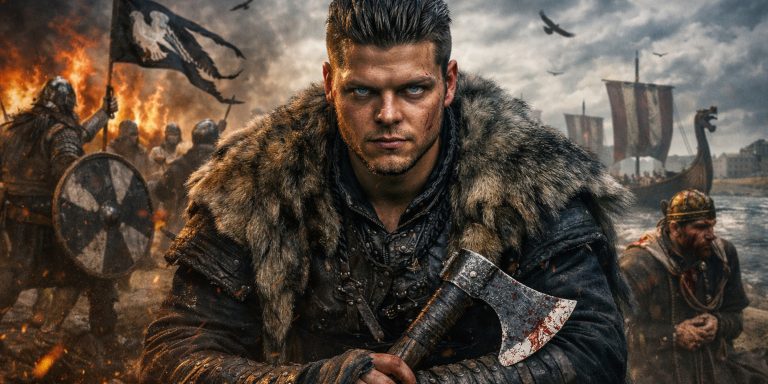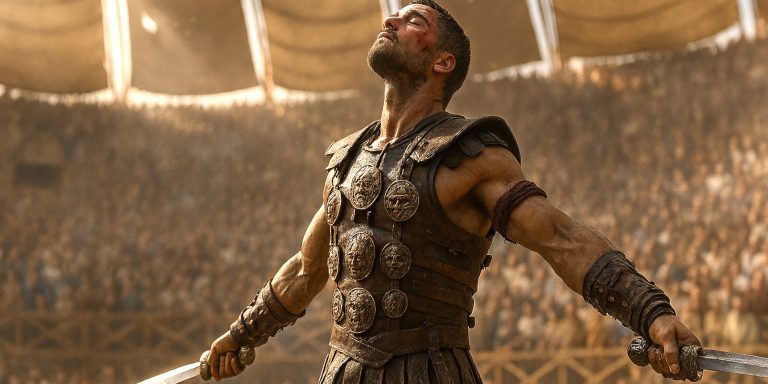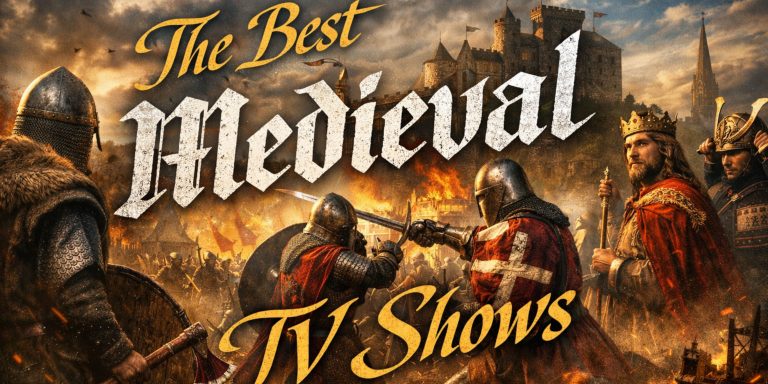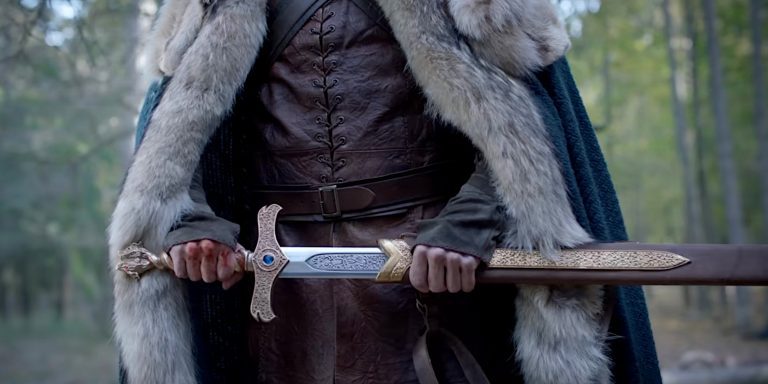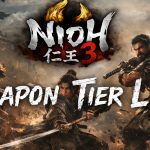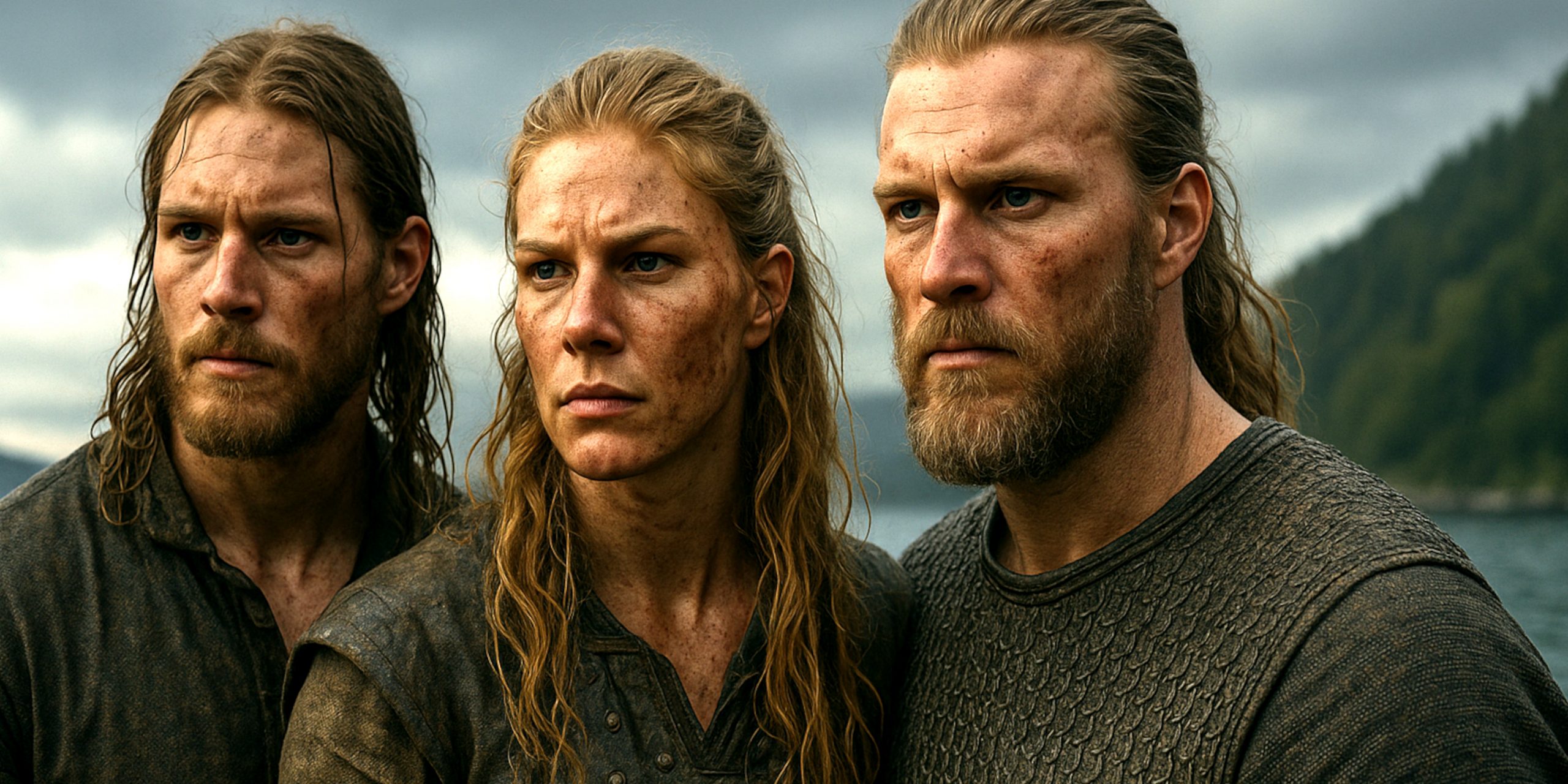
Vikings Valhalla loves a larger than life warrior. It never pretended to be a quiet meditation on medieval Scandinavia, and frankly, that is part of its charm. What it does offer is a vivid world built around ambition, faith, blood feuds and the kind of grudges that make even tenth century chroniclers sigh. As a historian, I watch the show with two minds. One enjoys the spectacle, the other mutters about how chainmail is not meant to shine like that. Still, the characters are drawn with enough force that you can forgive the liberties.
Below is a clear look at the most powerful warriors in the series. Not simply the strongest, but those who shape the narrative, drive conflict and leave a mark that feels grounded in something older than the saga writers themselves.
Leif Eriksson
Leif blends raw physical strength with a stubborn streak that would impress any Icelandic chieftain. His skill set is shaped by the Greenlandic environment. Harsh landscapes tend to breed people who do not panic easily, and Leif is written exactly like that. He thrives in chaos, fights with a directness that suits close quarter shield work, and carries a sense of internal conflict that gives him weight. If the sagas exaggerated his abilities, Valhalla politely turns that exaggeration up a little further.
Freydis Eiriksdottir
Freydis is the series at its most intense. She fights with conviction rather than clever footwork. Her scenes are often framed like religious confrontation, which says a lot about her arc. She is not merely strong, she is centred. You get the sense she could walk through a storm without noticing. Historically, Freydis sits in a curious corner of the sagas, sometimes heroic, sometimes villainous. The show leans into that uncertainty. Her power comes from the way she treats every fight as a moment to define herself.
Harald Sigurdsson
If Valhalla had an Olympic team, Harald would captain it. Built like he has never avoided a training session, he carries himself with the ease of someone who knows he is destined for the next chapter of a saga. His combat style is more formal than Leif’s. There is a touch of courtly warrior about him, a man already preparing for his place in royal politics. The historical Harald Hardrada was every bit as intense, so the series does not have to stretch much to make his presence convincing.
Jarl Haakon
Haakon holds power differently. She leads as much through calm authority as martial ability. When she steps into a fight, it feels deliberate, measured and almost ceremonial. That steadiness marks her out as one of Valhalla’s most capable figures. Her influence on Kattegat shows how strength, in this world, is not only the province of axe swings. Sometimes it comes from keeping a settlement intact when half the characters insist on burning down their futures in pursuit of destiny.
Olaf Haraldsson
Olaf is the kind of man medieval clerics would have warned you about at great length. Devout, relentless and convinced of his divine purpose. His fighting style carries that same blunt certainty. He is less graceful than Harald, less instinctive than Leif, yet he remains terrifying because he simply refuses to stop. Historically, Olaf was no gentle saint and the show captures that hard, iron sense of mission. If he stands in your way, you would prefer to be somewhere else.
Canute the Great
Canute’s power is not rooted in flashy swordplay. It comes from strategy and the quiet self assurance of someone who knows how to build an empire. He fights, certainly, but his battlefield strength lies in his ability to choose the moment. When he speaks, armies move. When he plans, kingdoms shift. Valhalla treats him with a kind of reverence that feels fitting. Even historians struggle to exaggerate Canute’s real world legacy, and that is saying something.
What Makes A Warrior Powerful In Valhalla
The show builds its warriors around three traits.
Strength of will.
Cultural identity.
Purpose, even when it keeps changing every other scene.
Those traits shape every major conflict. They give the series a mythic edge without floating off into pure fantasy. As a historian, I can accept the liberties because the emotional logic remains intact. It feels like a world where reputation matters, oaths bite deep and every sword stroke carries a story.
The Seven Swords Takeaway
Vikings Valhalla may not always match the saga texts, but it captures their spirit. The warriors stand out because they are driven by belief, pride and a healthy amount of stubbornness. If you want absolute historical accuracy, you may find yourself muttering into your drink. If you want characters who feel carved out of old legendary wood, the series delivers. And if nothing else, you will come away with renewed admiration for anyone who managed to survive long enough to argue with a king.
Watch the Trailer:

